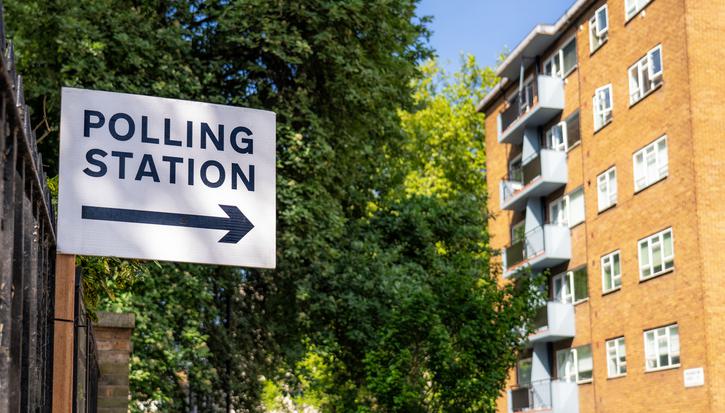Connect the dots: Air quality, industrial strategy and smart mobility
Article
Air pollution is damaging the environment and is a significant determinant of human health. The UK is currently failing to comply with EU law that sets out limits for air pollution, and few countries perform as poorly as the UK in terms of the number of areas that are non-compliant, and the length of time this is likely to remain the case. Without major policy changes, most of the UK will remain in breach of legal limits for air pollution into 2025 and beyond.
In this briefing, we set out why the scale of the air pollution problem in the UK requires a bolder and more holistic approach, which involves moving away from diesel vehicles (in favour of petrol and, ultimately, hybrid and electric alternatives), as well as a shift from private car ownership to car sharing schemes, public transport, walking and cycling. Not only could these shifts save thousands of lives, they could also drive improvements in two of the government’s other transport objectives: a reduction in congestion, and a reduction in road-based CO2 emissions.
Related items

Modernising elections: How to get voters back
Elections are the defining feature of modern democracy. They are the process by which we express a desired future en masse. It is the mass dimension that matters most; it is the mass dimension that is receding.
Bridge to the future: how to get the NHS through the winter and ready for reform
NHS staff across the country are gritting their teeth. Christmas parties have come and gone, but a more threatening annual tradition looms once again – the NHS ‘winter crisis’. This period, renowned for long waits and increased mortality,…
The great enabler: transport’s role in tackling environmental crises and delivering progressive change
In this special issue of IPPR Progressive Review we bring together leading political, academic and civil society thinkers to consider transport in modern Britain and its role in delivering a healthier, greener, more prosperous and…